What is simile according to the Literature in Vietnam? What are examples of simile?
What is simile according to the Literature in Vietnam? What are examples of simile?
A simile is a rhetorical device employed by comparing one event or thing to another similar event or thing to enhance the vividness, emotion, or emphasis for the reader.
The basic structure of a simile includes the following components:
Clause 1 + comparative word + Clause 2
Clause 1: Names or words indicating the object or event being compared (Words indicating the aspect of comparison)
Clause 2: Names or words indicating the object or event used to compare with the object or event mentioned in Clause 1 (Words indicating the idea of comparison – abbreviated as comparative words).
Comparative words: like, as, similar to, more, less,...
The effects of a simile:
- Enhance the vividness and emotional appeal of the sentence: Helps the reader visualize more clearly the described object or phenomenon.
- Create unexpected, interesting associations: Helps make the sentence more lively and appealing.
- Emphasize the characteristics and properties of the object or phenomenon: Helps the reader understand the meaning of the sentence more profoundly.
Some examples of simile devices:
(1) Equal comparison:
Using comparative words: like, as, similar to
The golden ripe rice field is like a gigantic carpet.
Her eyes sparkle like two marbles.
The stream flows with a murmur like the sound of a zither.
(2) Comparative superiority/inferiority:
Using comparative words: more, less, superior, inferior
This cat is nimbler than that dog.
Your essay is better than mine.
Winter is colder than summer.
(3) Direct comparison:
Using comparative words: as much... as
He loves her as much as she loves him.
The more diligent she is, the more success she achieves.
(4) Associative comparison:
The cold is like slicing through flesh.
The wind blows softly like the sound of a mournful string instrument.
(5) Other types of comparison:
Progressive comparison: Used to emphasize the increasing characteristic or property. Example: The more you study, the more you improve.
Regressive comparison: Used to emphasize the decreasing characteristic or property. Example: The older you get, the more you worry.
Contrasting comparison: Used to contrast two objects or phenomena with opposite properties. Example: Happy days are short lived, sad days drag on forever.
Note: The above content is for reference purposes only.
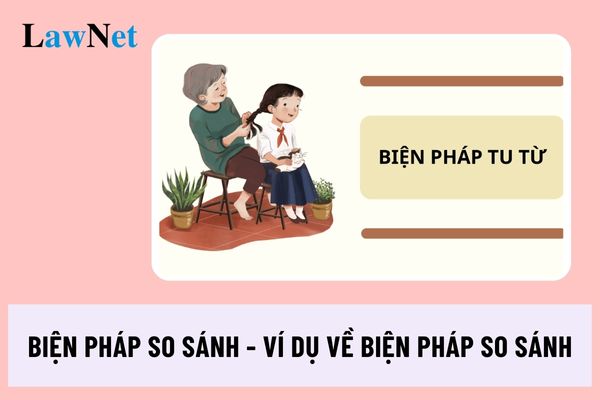
What is simile according to the Literature in Vietnam? What are examples of simile? (Image from the Internet)
Which grade does the 2018 Literature Education Program apply to in Vietnam?
Pursuant to the provisions of Article 2, Circular 32/2018/TT-BGDDT:
The general education program is implemented according to the following timeline:
1. From the 2020-2021 school year for grade 1.
2. From the 2021-2022 school year for grades 2 and 6.
3. From the 2022-2023 school year for grades 3, 7, and 10.
4. From the 2023-2024 school year for grades 4, 8, and 11.
5. From the 2024-2025 school year for grades 5, 9, and 12.
Based on Section 1 of the General Education Program for Literature issued in conjunction with Circular 32/2018/TT-BGDDT:
I. COURSE CHARACTERISTICS
Literature is a subject in the field of Language and Literature Education, taught from grades 1 to 12. At the primary level, this subject is called Vietnamese; at the lower and upper secondary levels, it is called Literature.
...
The 2018 general education program for Literature applies to students from grades 1 to 12 in the 2024-2025 school year, with the subject named as follows:
Primary level: Vietnamese.
Lower and upper secondary levels: Literature.
From which grade do students in Vietnam learn about the simile rhetorical device?
Based on clause 2, Section 4 of the General Education Program for Literature issued in conjunction with Circular 32/2018/TT-BGDDT:
2. Requirements for achieving specific competencies
2.1. Requirements at the primary level
a) Language competency
...
b) Literature competency
Distinguish between narrative and poetry texts (paragraph, prose and verse paragraphs); identify the content of the text and the writer's attitude, feelings; initially understand the effects of some formal elements of the literary text (words, characters, plots, rhymes, comparisons, personifications). Know how to link, imagine and express literary thinking in writing and speaking.
For grade 1 and grade 2 students: identify who the text is about, identify characters in stories, rhymes in poems; identify stories and poems.
For grade 3, grade 4, and grade 5 students: know how to read expressively literary texts; retell, summarize the main content of the story, poem; comment on characters, events, and the attitude, feelings of the writer in the text; identify the time and place, some styles of rhymes and rhythms, beautiful and unique words and images and the effects of rhetorical devices like personification, comparison. Understand the meaning or lesson drawn from the text. Write paragraphs and stories expressing feelings and imaginative ability.
Primary students from grade 3 will learn and understand the effects of simile rhetorical devices in the Vietnamese subject.
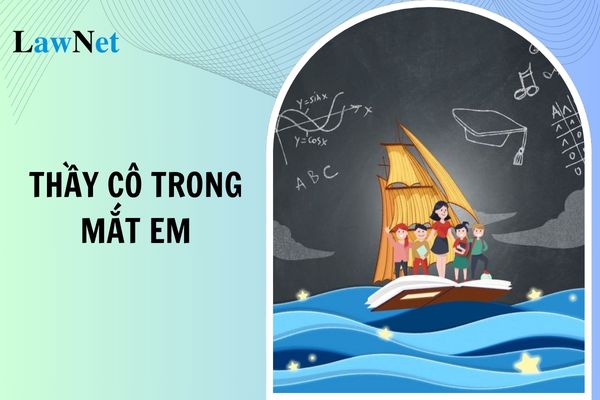
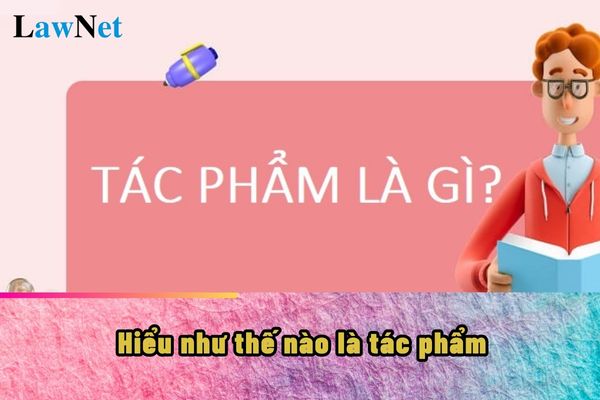
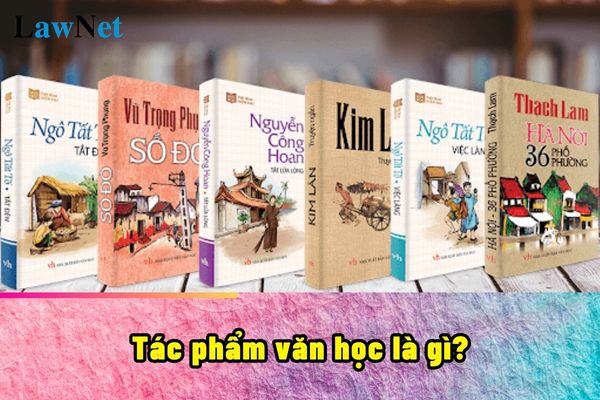
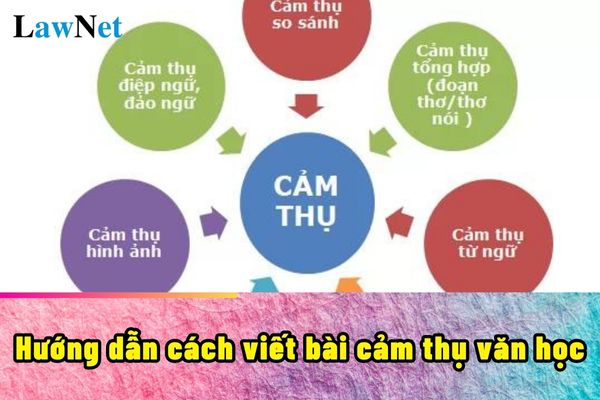
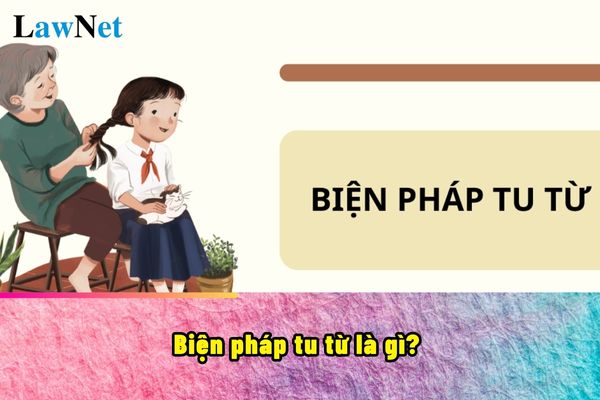
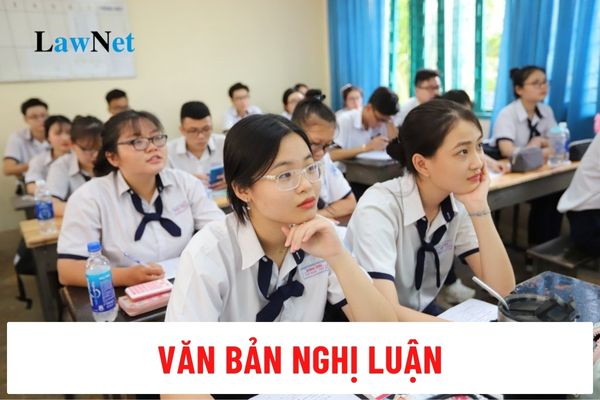
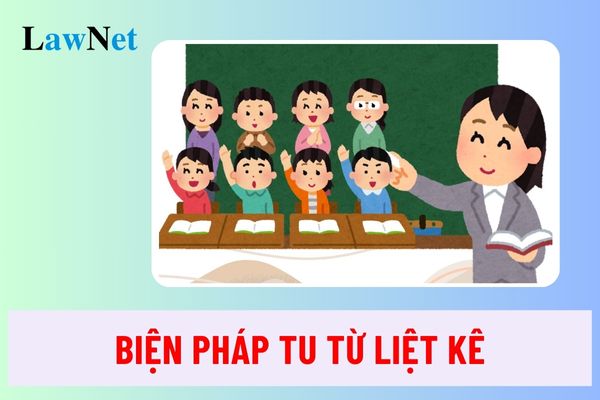
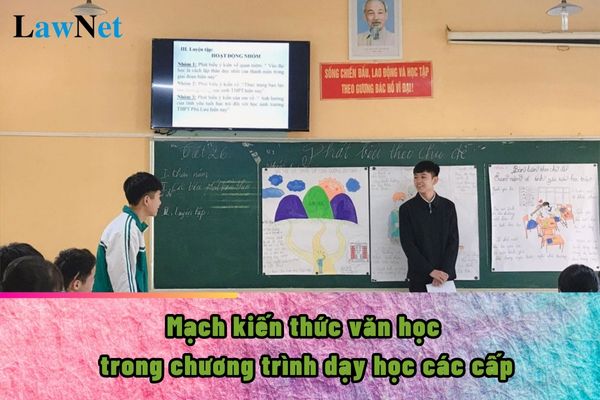
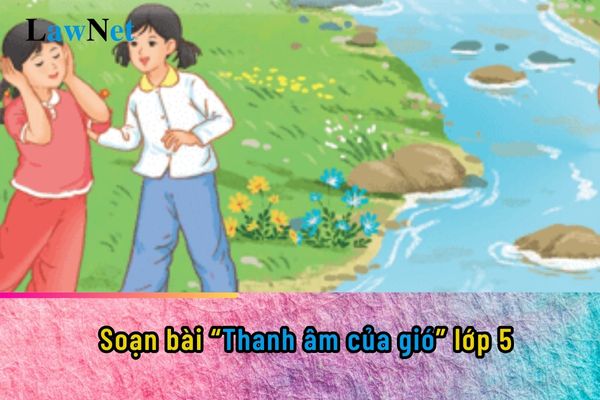
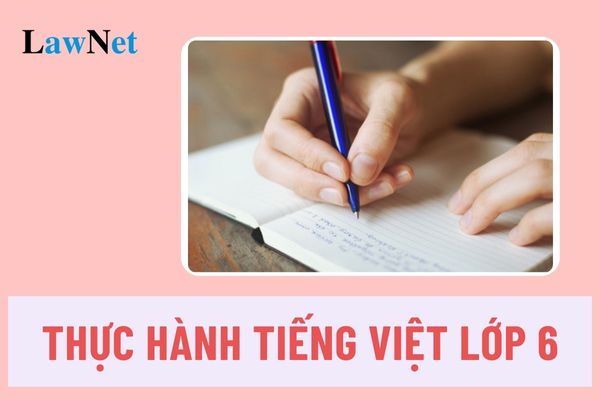
- Draft Lesson on the Process of Literature and Literary Style for Grade 12? Special Study Topics of the Grade 12 Literature Curriculum?
- What are the 05 sample argumentative essays on preserving the purity of the Vietnamese Language? How many lessons are there in the 12th-grade Literature curriculum per semester?
- Vietnam: What are the 03 sample social argumentative essays on your favorite writer? What learning outcomes are required for form reading comprehension of argumentative texts in the 12th-grade Literature curriculum?
- Vietnam: What are the guidelines for writing a 600-word argumentative essay on the value of youth? What learning outcomes are required for reading comprehension in the 12th-grade Literature curriculum?
- Vietnam: What is the sample outline of an essay on analysí of the Four-Panel Painting in the Poem "Việt Bắc" for 12th-grade students? What learning outcomes are required for content reading comprehension in the 12th-grade Literature curriculum?
- Vietnam: What are the short sample descriptive essays on plants for 4th-grade students? What are the mandatory subjects in the 4th-grade curriculum?
- What is a STEM Career? What is the subject whose curriculum covers STEM careers in Vietnam?
- Vietnam: What is the sample outline of an essay on the analysis of expressions of national spirit in the Poem "Việt Bắc" for 12th-grade students? What patriotic qualities are required for 12th-grade students?
- Vietnam: What are your thoughts on the Poem "Tiếng ru" by To Huu? How many lessons are there in the 12th-grade Literature curriculum per year?
- What are the sample essays describing your grandfather for 5th-grade students in Vietnam? What are the assessment criteria for 5th-grade students in 2024?

